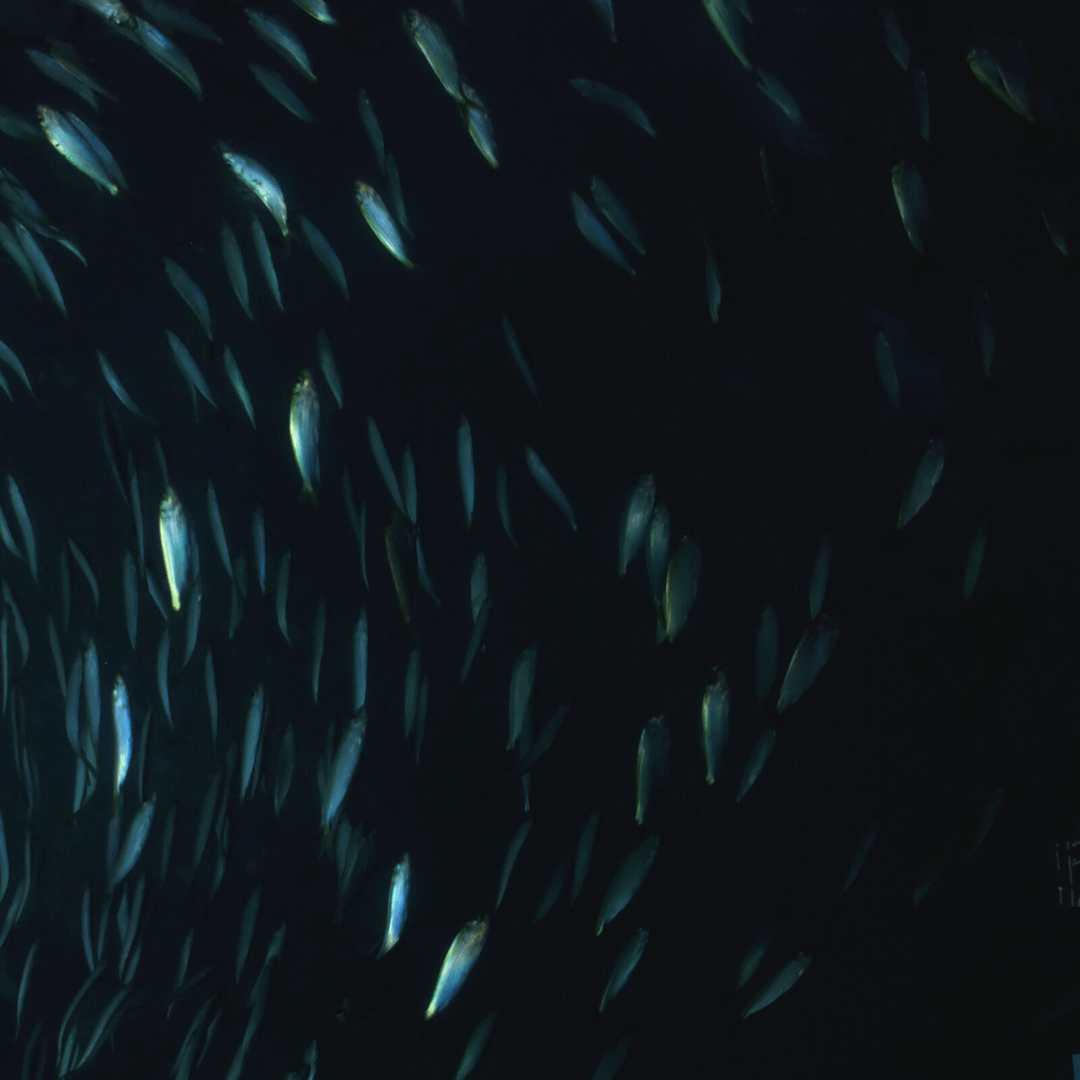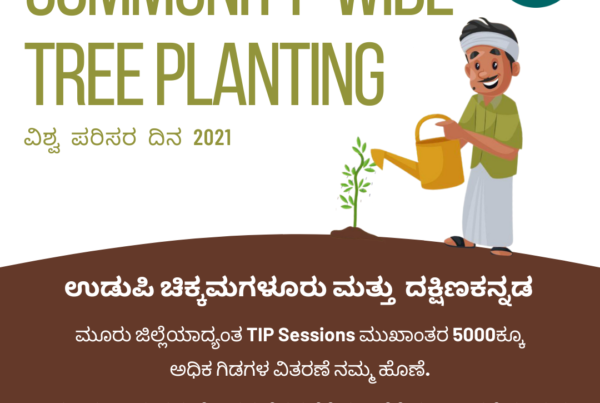The amount of plastic which is leaked into the ocean every year is equivalent to dumping a truck full of plastic into the ocean every minute.
We have all been taught that the ocean covers over 70% of our planet. To most of us, this is just a fact. We grasped this piece of information without realising how salient that 70% is, and understanding that oceans and humans are interconnected. Without the ocean, we will not be able to survive.
World Ocean Day 2021, themed “The Ocean: Life and Livelihoods”, is the perfect opportunity to dive deep and acknowledge that we exist because the ocean is our life source. It produces 50% of the planet’s oxygen, gives us the monsoon season, and is home to most of Earth’s biodiversity. Moreover, it acts as a key to our economy, and provides security and income to many people in our country, especially our fishermen.
Imagine going to work, performing your best, but coming back home empty handed with no income or food for you and your family. That is the life of our fishermen today; they are stuck in famine. Depletion of fish has been witnessed in Southern Karnataka, which declines the fish catch, halts coastal marine fish production, and worries fishermen, especially those of the small scale. Kerala and Karnataka together faced an extensive decline in sardine catch from 119,000 tonnes in 2018 to 74,000 tonnes in 2019.
It is not just the fishermen that have it bad, oceans are our lifeblood and without them we will have less breathable air, face global food shortage, our GDP will be affected, and these are just a few things in the list. In essence, if the ocean dies, we die.
There are various reasons for this catastrophe: Climate change, ocean acidification, unsustainable fishing practices, ocean currents, and much more – all of it predominantly triggered because of our unsustainable habits.
Effortless and inexpensive practices like cutting down on plastic or reducing our carbon footprint can help make a big difference. One must urge companies to provide consumers with plastic alternatives, and we must also carry our own recycled and cloth bags. Additionally, carpooling, turning off lights when not in use, conserving energy and resources, or just spreading awareness about how consequential this is, makes a difference.
Making a change is challenging, but we have done it before, living in harmony without disturbing the ecosystem. We need to understand how ocean and oceanic life works and our dependence on it should be sustainable. The ocean has given us the gift of life, let us come together to save it in return!
References:
https://sciencing.com/bring-the-outdoors-inside-with-these-nature-kits-for-kids-13763822.html
https://oceana.org/living-blue/10-ways-you-can-help-save-oceans
https://jbaumann3.wordpress.com/2015/09/21/what-would-happen-if-the-ocean-died/
https://www.un.org/en/observances/oceans-day
https://www.deccanherald.com/fishermen-demand-curbs-use-715599.html





